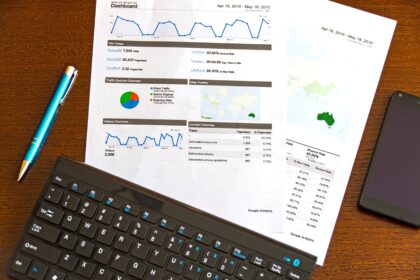Are you considering making the switch to solar power? Going solar isn’t just about harnessing the sun’s energy to power your home; it’s also a smart financial decision. In this article, we’ll delve into the various financial benefits of going solar, including how to calculate your solar power return on investment (ROI).
Understanding the Financial Advantages of Solar Energy
- Significant Energy Cost Savings: One of the most obvious financial benefits of solar power is reduced energy bills. Solar panels generate electricity from sunlight, which means you can generate your own power and potentially eliminate or greatly reduce your dependence on the grid.
- Solar Tax Credits and Incentives: Governments at various levels often offer incentives to encourage homeowners and businesses to adopt solar energy. These incentives can include tax credits, rebates, and other financial perks that can significantly offset the initial installation costs.
- Increased Property Value: Solar panels can increase the value of your property. Homes with solar installations are typically more attractive to buyers because they come with lower utility bills and the promise of long-term energy savings.
- Net Metering: Many regions have net metering programs that allow solar system owners to earn credits for excess electricity they feed back into the grid. This means you can “bank” surplus energy during sunny months and use it during periods of high energy consumption, further reducing your electricity costs.
Calculating Solar Power ROI
To determine the financial benefits of your solar installation, it’s essential to calculate your solar power ROI. Here’s a simplified formula:
ROI (%) = (Lifetime Savings – Installation Cost) / Installation Cost x 100
Lifetime savings include the reduced energy costs, incentives, and any income from net metering. The installation cost comprises the initial expense of purchasing and installing the solar panels.
It’s crucial to consult with a solar professional to get a more accurate estimate tailored to your specific situation. They can factor in variables like your location, the size of your solar array, and local incentives to provide a precise ROI projection.
Conclusion
Going solar isn’t just an environmentally responsible choice; it’s also a financially savvy one. By understanding the financial benefits, including reduced energy bills, tax incentives, increased property value, and the potential for a positive ROI, you can make an informed decision about harnessing the power of the sun to benefit your home and your wallet. Get in touch with Xclusive Customs to explore how solar energy can work for you and your budget. Make the switch today and start enjoying the financial rewards of going solar!





